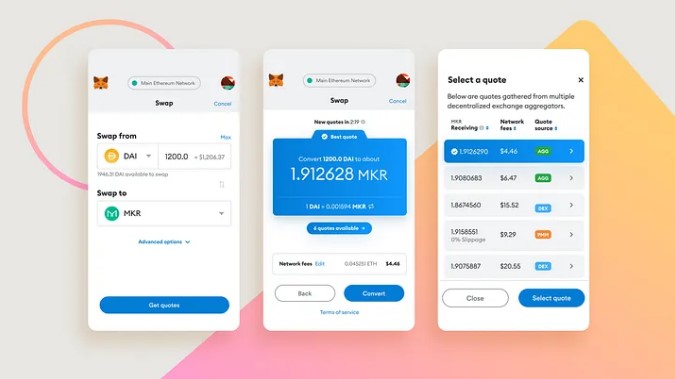On Tuesday, the sentiment in the crypto market was bolstered by the fact that Germany received over $200 million in assets from various exchanges.
Bitcoin was trading at just above $57,300 during the Asian morning hours, indicating a 3.5% increase in the previous 24 hours.
Solana’s SOL surged by up to 6%, while Ether (ETH) regained its previous high of $3,000. Additionally, other significant tokens experienced gains. Even dogecoin (DOGE) experienced a nearly 7% increase.
On Monday, the market was momentarily disrupted when BTC plummeted to as low as $55,000 due to the transfer of over $900 million to multiple addresses by an address associated with the German Federal Criminal Police Office (BKA).
Traders were alarmed by this abrupt change. Nevertheless, it was disclosed that the BKA had received more than $200 million in repayments from exchanges, including Kraken, Coinbase, and Bitstamp, within the previous 12 hours.
Arkham data suggests that the assets were not traded on these exchanges after the transfer.
Germany’s Government Bitcoin Stash
The German government confiscated a substantial Bitcoin inventory valued at approximately $3 billion from the movie piracy website Movie2k.to.
The greatest Bitcoin confiscation by law enforcement authorities in Germany to date was the seizure of 50,000 BTC from the site by German police in January.
The government had been progressively liquidating over 10,000 BTC since mid-June, which resulted in a downward pressure on the cryptocurrency’s market rate.
Last week, Joana Cotar, a German lawmaker and Bitcoin activist, urged the government to cease its “hurried” Bitcoin selling spree and instead implement it as a “strategic reserve currency” to safeguard against risks in the traditional financial system.
Cotar emphasized that Bitcoin could assist Germany in the following ways:
- Diversifying its treasury assets
- Protecting against inflation and currency devaluation
- Promoting innovation within the country
According to her, additional sales would be detrimental to Germany’s interests and counterproductive.
Cotar noted that the United States and other governments are either contemplating or have already adopted Bitcoin as a reserve currency.
The event “Bitcoin Strategies for Nation States” is scheduled to take place in October 2024, and she has also invited four German politicians to attend.
German Sell-Off Impacts Bitcoin
In a recent note, Matteo Greco, a research analyst at Fineqia International, recently emphasized the influence of Mt. Gox and miners’ selling pressure on the decline of Bitcoin’s price.
He observed that Bitcoin’s closing price for the week was approximately $55,850, an 11% decrease from the previous week’s closing price.
Intense selling pressure was apparent throughout the week, with BTC trading as low as $53,500 before rebounding.
The high on-chain selling pressure was attributed to the commencement of Mt. Gox repayments and the ongoing selling pressure from miners, which followed the recent halving, according to Greco.
Bitcoin miners are currently experiencing a critical phase known as “capitulation” as their profits decrease in response to the recent decline in the Bitcoin market, as previously reported.
Miner capitulation is when miners reduce their operations or sell a portion of their mined Bitcoin and reserves to maintain their operations, generate a yield, or hedge their Bitcoin exposure.



